Mneme
Ex Silentio

carpediem-records.de
Carpe Diem Records
2015
1. Da que Deus mamou [2:09]
Cantiga de Santa Maria Nr. 77
2. Rosa das Rosas [9:22]
Cantiga de Santa Maria Nr. 10
3. Saltarello – Trotto [4:32]
Codex London, British Library, Add. 29987
4. Puncha puncha [5:35]
Sefardic traditional
5. ‘لما بدا يتثنى’ ‘Lamma bada yatathana’ [6:46]
‘When she started to walk’ —
Arab-Andalusian traditional
6. Ζωναράδικος [2:15]
Zonaradikos — Traditional dance from Thrace
7. G. da FIRENZE (Italy, 14th c.). De‘ poni amor [2:47]
Squarcialupi Codex
8. Ghaetta [8:01]
Codex London, British Library, Add. 29987
9. Raimbaut de VAQUEIRAS (1180-1207). Aras pot hom [7:21]
10. Το κάστρο της
Αστροπαλιάς [13:52]
Astropaliás Castle — Greek Traditional
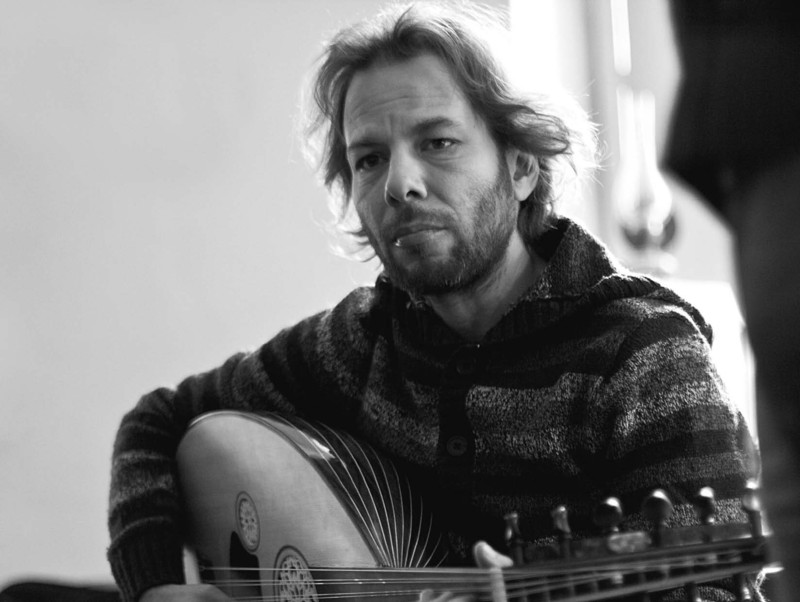
EX SILENTIO
Dimitris Kountouras
Theodora Baka – voice
Tobias Schlierf – voice, hurdy-gurdy, fiddle, organ portative
Dimitris Kountouras – recorder
Thimios Atzakas – oud
Andreas Linos – fiddle & viola da gamba
Elektra Miliadou – fiddle & viola da gamba
Nikos Varelas – percussion
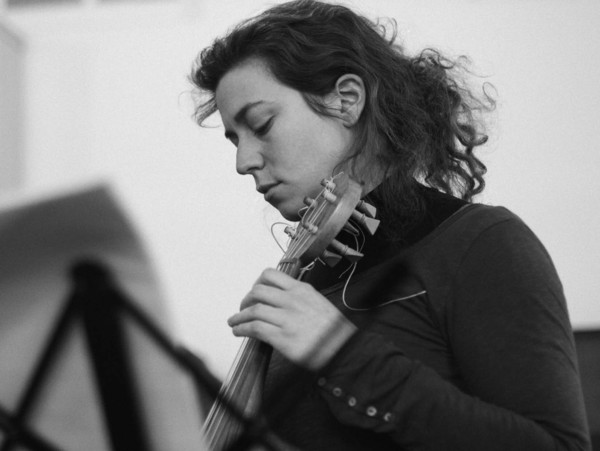
Thanks
Dimitris would like to thank Giannis Vidalis and the Folkloric Museum of Loutra, Amalia, Thanasis, Magda, Claudia and Stavros.
Last but not least my beloved friends and colleagues Theodora, Tobias, Thymios, Elektra, Andreas and Nikos.
With the kind support of The J. F. Costopoulos Foundation.
Recorded January 2-5, 2014
Location: Ursuline Convent in Loutra, Tinos (Greece)
Recording Producer, Editing, Mix & Mastering: Jonas Niederstadt
Corporate Design: Tim+Tim, timandtim.com
Photography: Jonas Niederstadt
English Translation: Stavros Deligiorgis
Arrangements of Track 6 & 10: Thimios Atzakas
Produced by Jonas Niederstadt
© 2015 Carpe Diem Records
carpediem-records.com
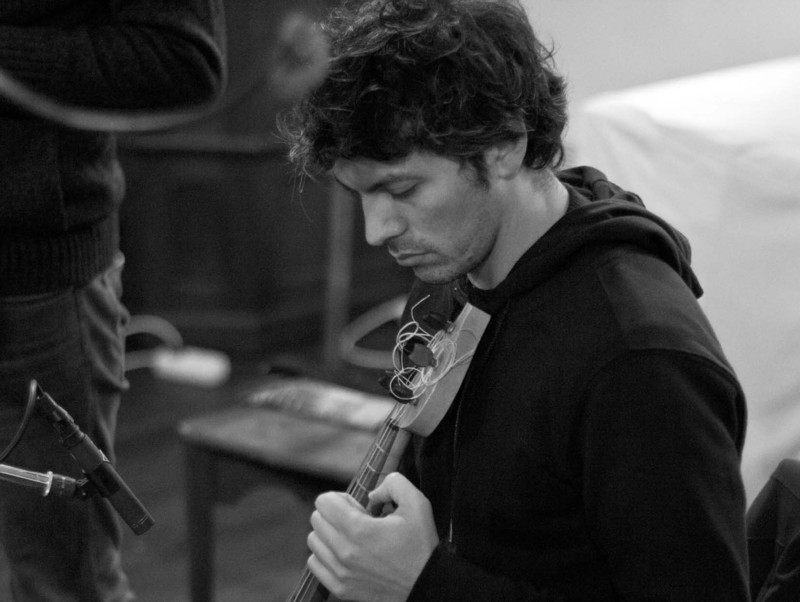
MNEME
In classical antiquity Mneme was the Muse of Memory together with Melete and Aoide, the ancient Muses of learning and singing.
Memory has been consistently associated with music. Techniques of memory (Greek mnemotecnicae) can be found in medieval sources as early as the invention of Guido d’Arezzo’s “memory hand”.
In medieval times popular as well as art music was widely learned and
performed by heart. Music often only survived thanks to the musicians’
memory. Also traditional music is being passed down from master to
disciple by memorizing melodies and verses through the
centuries in many different cultures and places.
This
program brings together late medieval music from different
Mediterranean regions: Castile, Provence, Florence, Thrace and Cyclades.
Each area has its own specific characteristics and idioms. Each one
holds its specific memories – Mneme as a unique interpretation of the world.
Mneme
pays homage to the rich musical cultures of the Mediterranean past. It
draws inspiration from the multicultural court of Alfonso X, El Sabio
(the Wise; King of Castile and León, 1221-1284), who brought together
South European, Arabic and Eastern Mediterranean elements, languages,
instruments and playing styles, blending and combining them through
improvisation and experimentation in this fascinating monophonic
repertoire.
Da que deus mamou and Rosa das rosas are two of the 420 Cantigas de Santa Maria,
the anthology collected under King Alfonsos’ patronage. The former
describes a miracle performed by the Virgin Mary while the latter is a
prayer to her.
The Italian dances included in the program are
rare examples of instrumental music of the 14th century. Among the
shorter pieces the Saltarello-Trotto was most likely intended to be danced while the longer one, the Ghaetta, could be considered an instrumental piece of abstract music.
Lamma bada yatathana, in Arabic, is an emblematic song of the Arab-Andalusian tradition. The Sephardic song Puncha puncha, in Ladino, is a cry of desperate love.
The Greek Zonarádikos
(a girdle-dance from Thrace)—its 6/8 meter bearing affinities with the
Italian dances mentioned earlier—was intended to be performed by men and
women dancers.
De poni amor is a ballata, missing an “A”-rhyme verse in the closing stanza, found in the Florentine Squarcialupi codex from the Italian Ars Nova period.
The provençal trobadour Raimbaut de Vaqueiras (fl. early 13th century) is the composer of Aras pot hom.
It is dated to the troubadour’s last years which he spent in
Thessaloniki in the service of Boniface of Monferrat following the
storming of Constantinople by the armies of the 4th Crusade.
Our version of the Castle of Astropaliá or Turna, a traditional song from the Aegean Sea, is a long lai whose every strophe displays a different atmosphere and mood.
Dimitris Kountouras
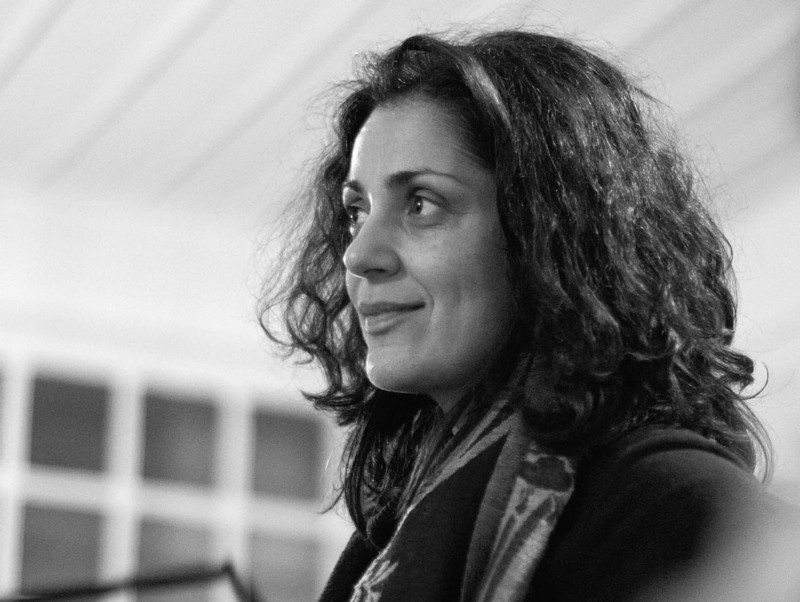
THEODORA BAKA
Born
in Greece, she began her musical studies there. Later she continued at
the Music Academy of Hannover where she studied Opera and chamber music
with Prof. Norma Enns, Kitsa Damassioti, Elke Seele and Giovanni Anaya.
She
has sung in many theaters operas by Mozart, Händel, Vivaldi,
Monteverdi, Rameau under the direction of Alan Curtis (Il Complesso
barocco), George Petrou, Theodor Currentzis (Musica Aeterna), Markellos
Chryssicos (Latinitas Nostra). She is active with the chamber music
ensembles Duo Cancion and Erato as well as with early music ensembles Ex
Silentio, Atalante and United Continuo Service in concerts and
festivals in Europe and the U.S. She has recorded operas by Händel and
D. Scarlatti under the direction of A. Curtis and G. Petrou for the
labels MDG and Archive and CDs with Greek songs “Myrtate”, Du Fay’ music
“Nell’ autunno di Bisanzio” with Ex Silentio and Roman baroque
composers “Lamentarium: Relique di Roma” with Atalante.
TOBIAS SCHLIERF
The
multi-instrumentalist and singer Tobias Schlierf is active more than 25
years in the field of Medieval Music. He started as countertenor and
later on continued as a bass. He is specializing on contemporary music
too, as well as in the development and application of extended vocal
techniques and overtone singing.
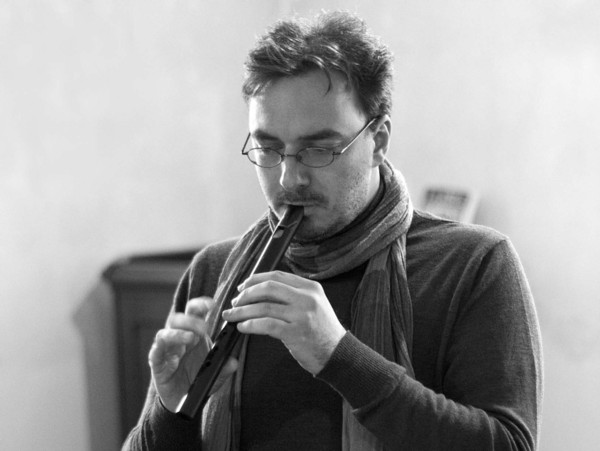 DIMITRIS KOUNTOURAS
DIMITRIS KOUNTOURAS
Born
in Greece he studied recorder, traverso and early music performance
practice at the Utrecht School of the Arts, at the Early Music
Institutes of Milan and Trossingen and at the Conservatory of Vienna,
with Kees Boeke, Heiko ter Schegget, Wilbert Hazelzet and Daniele
Bragetti. He holds a soloist diploma in recorder performance, a master
on medieval music and a PhD on historical musicology.
He performs
regularly with Camerata Athens / Armonia Atenea (G. Petrou), with Duo
Goliardi (with the bayanist Kostas Rastis) and he is the artistic
director of the ensemble Ex Silentio and the concert series “Early Music
in St. Paul of Athens”. He has performed in venues and festivals in
many European countries and in Asia, such as “Sala Verdi” in Milan,
“Pablo Casals” hall in Tokyo, “Megaron” in Athens, “J.S. Bach Festival”
of Riga, “Styriarte” festival in Graz and the Hellenic festival of
Athens. He has recorded for Talanton with Ex Silentio and in baroque
opera projects for MDG and DECCA.
He is researching the relations
between Renaissance humanism and music and is active as a writer of
essays and articles. He teaches at the Athens Conservatory, at Filippos
Nakas Conservatory and at the summer course “Music village” in Mount
Pelion.
EX SILENTIO
The ensemble specializes on early
music from southern Europe and the Mediterranean and is one of the few
Greek ensembles of its kind. The ensemble organizes the St. Paul concert
series in Athens and performs under the artistic direction of recorder
player Dimitris Kountouras. Ex Silentio has given numerous concerts in
festivals and venues around Europe such as the “Marco Fodella” concert
series in Milan, the “Musica antica del Mediterraneo” in Bari, the
Hellenic Festival in Athens, the “Alte Musik in St. Ruprecht” and the
“Kabelwerk Theater” in Vienna, the “Musica Antiqua da Camera” in The
Hague, the Festival Guitar Plus and the Megaron in Thessaloniki.
Collaborations with renowned artists like the singer and improviser
Savina Yannatou and the counter tenor Michael Chance.
The
ensemble performs regularly with the singers Theodora Baka, Fani
Antonelou and Nicholas Spanos. The first CD of Ex Silentio “Nell’
autunno di Bisanzio” was recorded for Talanton. “Mneme” is the second
release of the group. Members of the ensemble are teaching at the summer
course “Music Village” in Mount Pelion, Greece.
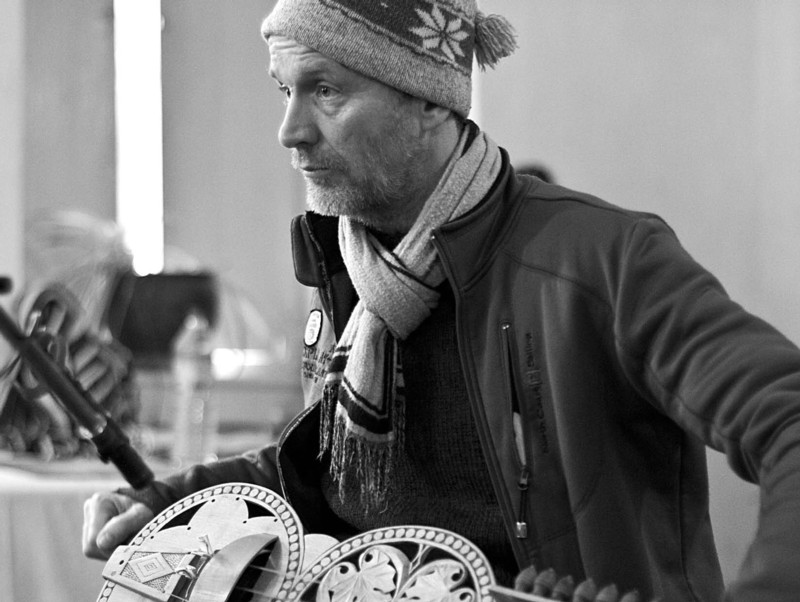
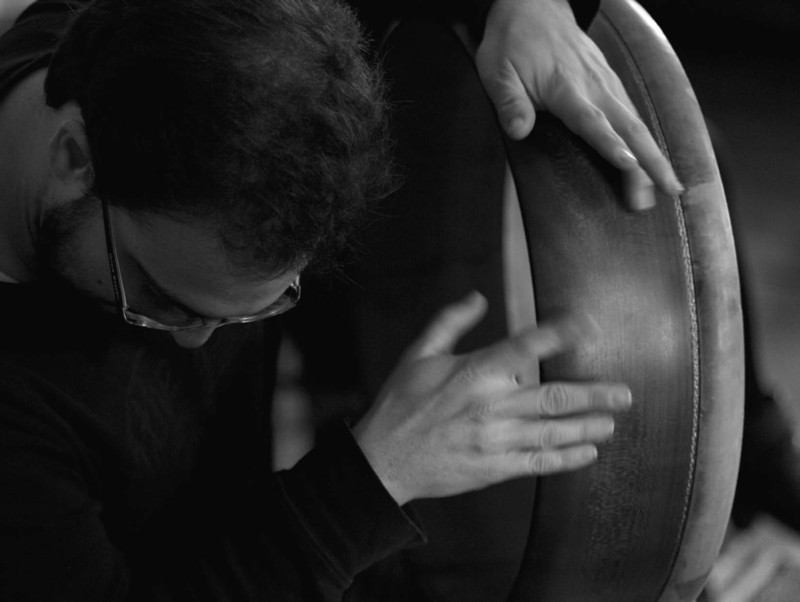





 DIMITRIS KOUNTOURAS
DIMITRIS KOUNTOURAS
